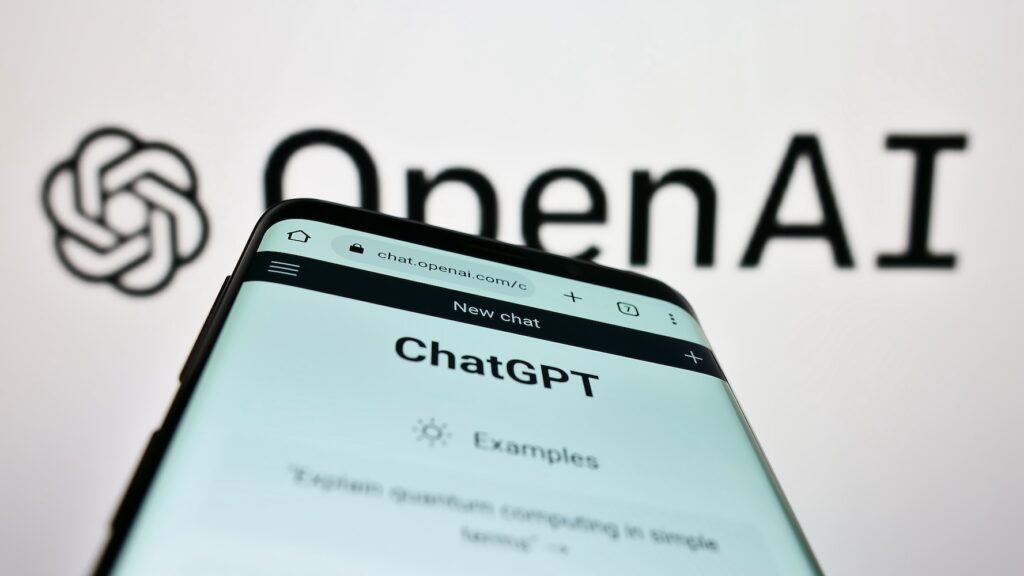Washington AG’s AI Task Force holds first meeting
(The Center Square) – Washington Attorney General Bob Ferguson’s Artificial Intelligence Task Force met for the first time Friday morning.
The task force was established through…

(The Center Square) – Washington Attorney General Bob Ferguson’s Artificial Intelligence Task Force met for the first time Friday morning.
The task force was established through bipartisan legislation earlier this year at Ferguson’s request to address AI’s growing impact on the economy and assess its benefits and challenges.
Sen. Joe Nguyen, D-White Center, sponsored Senate Bill 5838 authorizing the creation of the task force. Rep. Travis Couture, R-Allyn, sponsored the companion bill in the House. Both lawmakers are on the task force.
“AI is like fire; it has tremendous potential to do both good and bad,” Nguyen said. “How we use it and the data we put into it is incredibly important.”
The task force also includes people from multiple fields appointed by the AGO, including technology experts, industry representatives, labor organizations, civil liberty groups and other stakeholders.
Friday’s three-hour meeting saw members go over bylaws, establish subcommittees, and elect volunteers to chair those committees, which will meet at least once a month over the next two years.
Final recommendations from the task force are due to the Legislature by July 1, 2026.
During public comment, Changlin Li with the AI Safety Awareness Group in Seattle suggested waiting two years before making recommendations is too far out.
“AI is not kind to organizations that move on a scale of years; we must think in months and weeks,” he said. “I agree that Washington state has the chance to be a leader in AI safety and regulation, but we must seize it now, not two years from now.”
Li told task force members AI is moving at lightning speed with potentially world-altering capabilities.
“Researchers at top AI labs believe that super-human AI may arrive as early as 2027,” he noted. “Open AI’s CTO [chief technology officer] has announced that PhD level intelligence may come in the next 18 months.”
He was referring to Open AI CTO Mira Murati’s statements during an interview with Dartmouth Engineering, when she said, “In the next couple of years, we’re looking at PhD-level intelligence for specific tasks.”
Tech leaders have been warning that many white-collar jobs will be obsolete within a matter of a few years, replaced by AI.
“We need to be thinking about potential obsolescence of entire workforces; about the potential catastrophic loss of life scenarios,” Li said.
The legislation creating the task force established eight subcommittees: Education and Workforce Development; Public Safety; Health Care and Accessibility; Labor and Employment; Government and Public Sector Efficiency; State Security and Cybersecurity; Consumer Protection and Privacy; and Industry and Innovation
During the Friday meeting, task force members added four additional subcommittees: Climate and Energy; Autonomous Vehicles/Transportation; Ethical and Responsible AI/AI Governance; and Recommendation for Ongoing Committee.
One of the task force’s primary mandates is to examine high-risk AI applications that could impact safety or fundamental rights. The task force will also address racial disparities perpetuated by AI systems and how to protect workers from potential harm and bias.



